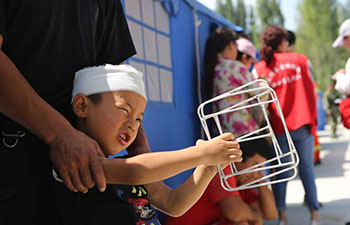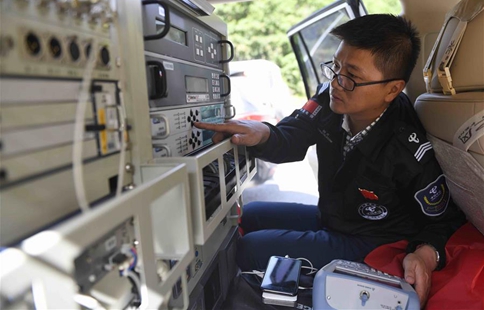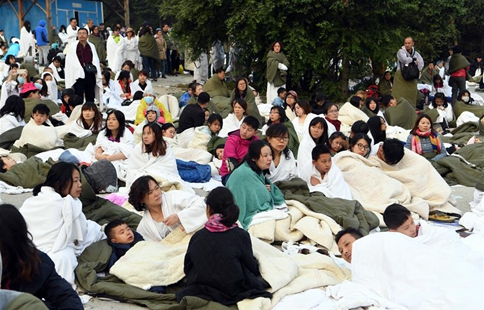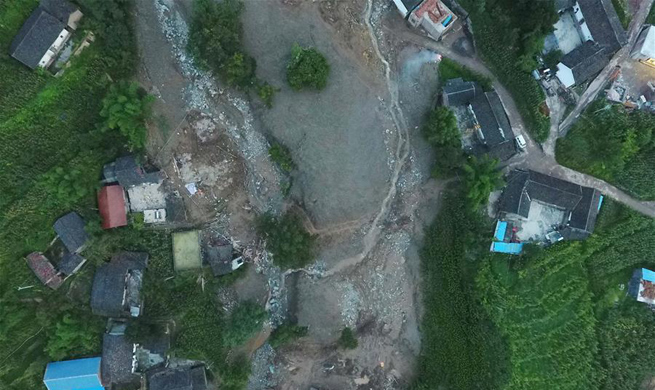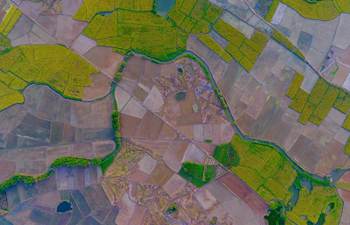WELLINGTON, Aug. 9 (Xinhua) -- The New Zealand Report on Maternity 2015 released on Wednesday showed that the birth rate in 2015 was 63.6 per 1,000 females of reproductive age of 15-44 years, the lowest since 2006.
The Report on Maternity, released by the Ministry of Health, showed that between 2006 and 2015, birth rates for women aged under 30 years decreased.
In particular for women aged under 20 years, whose birth rate fell by over one-third. Conversely, birth rates for women aged 35 years and over significantly increased, particularly for women aged 40 years and over, whose birth rate increased by 15 percent, the report said.
In 2015, 58,957 women gave birth and 59,308 babies were live-born, of whom 51 percent were male, it said, adding that almost two-thirds of them had a spontaneous vaginal birth, one-quarter had a Caesarean section and the remaining women had an assisted vaginal birth.
Between 2006 and 2015, there was a significant increase in the proportion of elective caesarean sections and a significant decrease in spontaneous vaginal births. Caesarean sections were more common among women aged 35 years or more; among Indian, other Asian and European women; and among women in less deprived neighborhoods, the report showed.
The average birth weight of babies born in 2015 was similar to that of babies born in previous years, at 3.41 kg, and almost 80 percent of babies born in 2015 were exclusively or fully breastfed at two weeks after birth.
Most women received primary maternity care from a midwife Lead Maternity Carer in 2015, and approximately 4 percent of women giving birth at home.
The report also showed that 14.2 percent of pregnant women smoked early in their pregnancy, down 2 percent compared to 2008, which was around 1,170 fewer pregnant women smoking compared to seven years ago.
"Smoking is the primary preventable cause of stillbirth, premature delivery and low birth-weight for babies. It also increases babies' risk of Sudden Unexplained Death in Infancy," Health Minister Jonathan Coleman said in a release.






